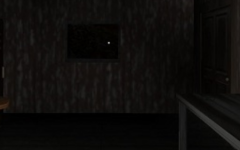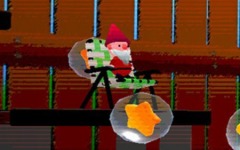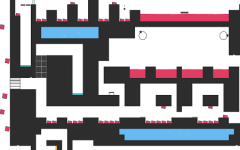Advertisement
Recur
Advertisement

Recur introduces players to a postman whose daily routine is suddenly interrupted by the collapse of the world around him. The strange twist is that he gains control over time itself, turning an ordinary delivery route into a journey filled with paradoxes and challenges. The narrative connects the player’s simple role to an extraordinary responsibility, creating a story that blends everyday life with apocalyptic urgency.
Mechanics Of Time
At its core, Recur is a puzzle platformer built around manipulating time. Players move through environments that shift and break apart, using their ability to rewind, pause, and fast-forward moments to overcome obstacles. Unlike traditional platformers that rely mainly on timing and reflexes, this game requires thinking through cause and effect, often experimenting with different sequences to see how the environment reacts.
Main Features Of Recur
- Time manipulation powers that allow rewinding, pausing, and accelerating events
- Environmental puzzles tied directly to shifting timelines
- A central character who begins as an ordinary postman
- Playable on PC with a story-driven structure
World Design And Challenge
The world of Recur reflects its core mechanic. Broken structures, collapsing platforms, and looping environments demand the use of time powers to progress. The puzzles are layered so that solutions are not always obvious, pushing players to test possibilities and recognize patterns in the flow of time. The design merges narrative and gameplay: the crumbling setting becomes a reflection of both the story’s stakes and the player’s tools.
Lasting Impact
Recur demonstrates how simple concepts like running and jumping can be transformed by adding temporal control. It combines puzzle solving with platforming in a way that feels fresh, while grounding the experience in the story of a single character caught in a much larger event. For PC players, it offers a chance to step into a world where every action can be undone, replayed, or reshaped, making each puzzle a small narrative of its own. The postman’s journey highlights how even ordinary figures can hold the key to extraordinary outcomes, and how gameplay mechanics can double as storytelling devices. By linking its puzzles with meaning, Recur stands out as a thoughtful take on the puzzle platformer genre.






















































































































































